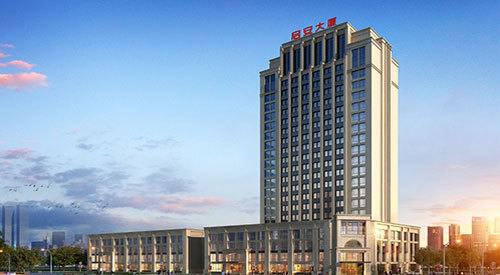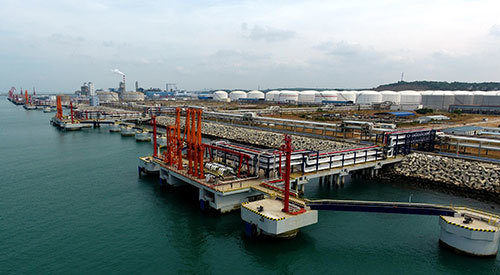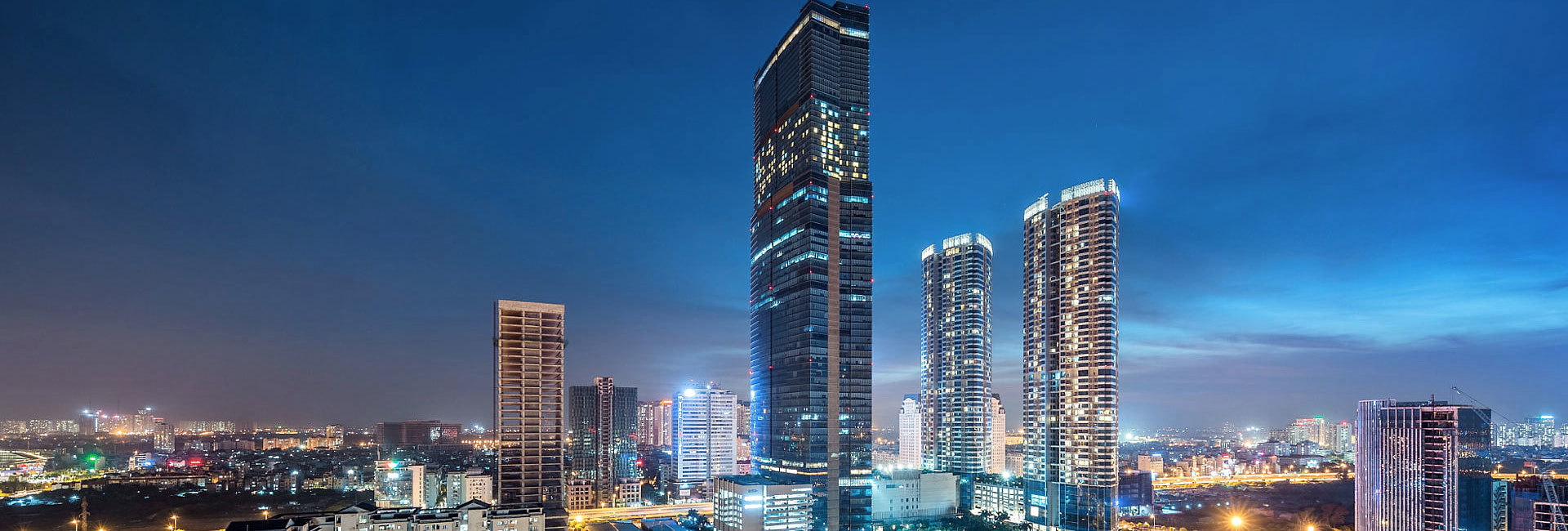How to properly account for meal expense invoices
Release time:
2025-07-17
How to properly account for meal expense invoices
During internal financial audits, we found that many branch accounting personnel have many misunderstandings in accounting for meal expense invoices. Arbitrary selection of accounting subjects, lack of supporting documents, and inconsistencies between invoice content and attachments have caused many problems such as accounting confusion, lax systems, and lack of internal control. A considerable number of accounting personnel, when processing accounts, list all meal expense invoices under the business entertainment expense account, even those costing tens of dollars.
According to Article 43 of the "Implementation Regulations of the People's Republic of China Enterprise Income Tax Law", Business entertainment expenses incurred by enterprises related to production and operation activities are deducted at 60% of the amount incurred, but the maximum amount shall not exceed 5‰ of the sales (operating) income of the year. Therefore, for business entertainment expenses, only 60% of the face value can be deducted before tax. Some accounting personnel, in order to evade taxes, record meal expense invoices as travel expenses or welfare expenses, but there are neither supporting materials nor specific explanations in the original vouchers. In such cases, tax audits will inevitably lead to increased tax assessments.
Based on the accounting principles of authenticity and relevance of pre-tax deductions for enterprise income tax, we can distinguish according to the actual use. Meal expense invoices obtained in different scenarios should be accounted for using different accounting subjects and tax treatments. Specific classification and processing points are as follows:
1. Business Entertainment Expenses
Scenario: Meal expenses incurred for entertaining clients, suppliers, etc., due to business needs.
Accounting Subject: "Management Expenses—Business Entertainment Expenses"
Tax Treatment:
Enterprise Income Tax: 60% of the incurred amount is deducted before tax, and it should not exceed 5‰ of the annual operating income (attachments should show the dining participants; personal consumption is not allowed).
Value-Added Tax: Input tax cannot be deducted (even with special invoices).
2. Employee Welfare Expenses
Scenario: Employee gatherings, overtime meals, holiday gatherings, canteen meals, etc.
Accounting Subject: "Payable Employee Compensation—Employee Welfare Expenses"
At the end of the period, it should be transferred to "Management Expenses—Employee Welfare Expenses".
Tax Treatment:
Enterprise Income Tax: Full deduction is allowed if it does not exceed 14% of the total salary (supporting documents are required).
Value-Added Tax: Input tax cannot be deducted (even with special invoices).
3. Meal Expenses in Travel Expenses
Scenario: Reasonable meal expenses incurred by employees during business trips (must be reimbursed together with travel expenses).
Accounting Subject: "Management Expenses—Travel Expenses"
Tax Treatment:
Enterprise Income Tax: Full deduction before tax (note the reasonableness of the meal amount, location, and number of diners).
Value-Added Tax: Deduction can be sought (with special invoices and other travel expense supporting documents).
4. Meal Expenses in Conference Expenses
Scenario: Work meals provided during company meetings (requires meeting notices, sign-in sheets, etc.).
Accounting Subject: "Management Expenses—Conference Expenses"
Tax Treatment:
Enterprise Income Tax: Full deduction before tax (supporting documents are required).
Value-Added Tax: Deduction can be sought (with special invoices, and other invoice materials for conference expenses are entered into the accounts together).
5. Meal Expenses for Trade Union Activities
Scenario: Meal expenses for employee activities, team building, etc., organized by the trade union (paid through the trade union account).
Accounting Subject: "Payable Employee Compensation—Trade Union Dues"
At the end of the period, it should be transferred to "Management Expenses—Trade Union Dues".
Tax Treatment:
Enterprise Income Tax: Full deduction is allowed for trade union dues not exceeding 2% of the total salary (materials such as employee collective activity notices, attendance sheets, and activity photos are required).
Value-Added Tax: Deduction can be sought (with special invoices and activity supporting documents).
- Meal expenses during employee training outside the city
Scenario: Work meals during employee education and training outside the city (requires training notices, course schedules, etc.).
Accounting Subject: "Payable Employee Compensation—Education Expenses"
At the end of the period, it should be transferred to "Management Expenses—Education Expenses".
Tax Treatment:
Enterprise Income Tax: Full deduction is allowed for education expenses not exceeding 8% of the total salary (supporting documents are required).
Value-Added Tax: Deduction can be sought (with special invoices, and training fees and travel expense invoices are entered into the accounts together).
The following points should be noted for the accounting treatment of these meal expenses:
1. Voucher Requirements:
- Invoices must be compliant (the header must be the full name of the company, the tax number must be correct, and the item must be "catering services" or "meal expenses").
- Complete supporting documents: Organize supporting materials according to the actual use.
2. Tax Risks:
- Avoid including personal meal expenses in company expenses (strictly distinguish between public and private expenses).
Except for business entertainment expenses, if supporting documents for other meal expenses are not provided or are incomplete, a tax adjustment will be required.
The meal amount must be reasonable in relation to its actual purpose.
In summary, the correct accounting treatment of meal expense invoices requires consideration of the purpose, supporting documents, and tax regulations to avoid tax risks caused by incorrect accounting entries or incomplete documentation. It is recommended that accounting units within the group establish clear expense reimbursement procedures, strictly review the compliance of vouchers, the reasonableness of supporting documents, the consistency of taxable services and supporting materials, and regularly review the compliance of accounting entries. (Chen Hongxing)
Recommended news
2026-02-14
On the afternoon of February 13 (the 26th day of the 12th lunar month), the Group held its 2025 Annual Summary and Awards Ceremony in the conference hall on the fourth floor of Qian’an Building. Attendees included mid-level and senior officials from the Group’s headquarters, regional offices, and directly affiliated units, as well as heads of various branch companies and recipients of awards.
2026-02-12
In the afternoon of February 11, the city-wide conference to summarize high-quality development was solemnly held at the Municipal Party Education Center. City leaders Yang Zhongjian, Cai Yi, Gong Xinming, Shao Maohua, and others attended the meeting. Yin Weidong, Party Secretary and Chairman of the Group Corporation, also attended the conference and took to the stage to receive an award.
2026-01-25
In the depths of winter, the northern Jiangsu region is swept by biting cold winds and blanketed in ice and snow. Yet nearly a hundred Qian’an employees remain steadfastly stationed at the construction site of the 350 MW next-generation fishery-solar integrated project in Dafeng Port, braving frost and cold to wholeheartedly push forward with the project’s development.
2026-01-20
The group company organized its first specialized training session on export tax rebates.
On January 20, the Group Company organized its first specialized training session on export tax rebates. Representatives from the Head Office Finance Department, Jinrun Finance Department, and relevant project departments attended the event. During the training, members of the Qingtian Technology software team provided detailed explanations covering three key areas: pre-emptive preparations for export tax rebates, practical procedures using Qingtian software, and important considerations for business operations. By combining theoretical review with hands-on demonstrations, the training enabled participants to quickly grasp the critical points of export tax rebate processing.
2026-01-01
Time flies, and the seasons pass swiftly; as the new year dawns, everything is renewed. As we welcome the arrival of January 1, 2026, I would like to extend my heartfelt gratitude to Party and government leaders at all levels, heads of relevant industry authorities, people from all sectors of society, and our numerous partners who have long shown their care and support for the development of Jiangsu Qian’an. I also extend warm greetings and best wishes to every member of the Qian’an family!
2025-12-31
The Jinrun Branch of the Group held a New Year’s Day team-building activity.
As the New Year’s Day approaches, the Jinrun Branch of the Group has organized a team-building event for all employees to welcome the new year. The event featured a variety of fun activities, including board game competitions, dumpling-making workshops, and cooking demonstrations. The atmosphere was lively and vibrant, with everyone interacting and exchanging ideas amid laughter and joy, thereby strengthening friendships and building mutual trust.












